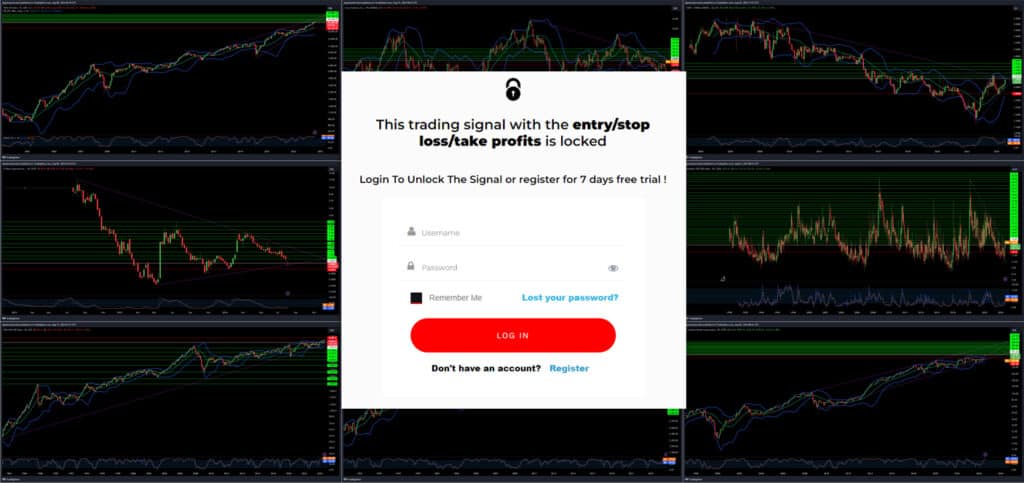The effects of war on the U.S. economy have been looked at over years. We’ve focused on the World War II, Korean War, Vietnam War, and the Iraq/Afghanistan Wars. These different conflicts influenced things like GDP, public debt, and stock market values.
When there’s war, more money goes toward the military. This boosts employment and the economy. However, some say it would be better to spend that money on research or creating jobs.
For example, after World War II, earnings were more even. This helped the U.S. economy because people could spend more. But the level of stock prices isn’t directly linked to wars.
Spending a lot on war can harm the economy in the long run. It can lead to problems like higher debt and taxes, and inflation. Even though it may seem good at first, it can have bad results later.
Key Takeaways:
- War affects the economy in many ways.
- Spending more on the military can boost jobs and the economy.
- Using money for research or jobs might be better than war spending.
- After World War II, everyone earned closer to the same amount. This helped the economy.
- The stock market doesn’t always change based on wars.
- War spending can lead to more debt, higher taxes, and inflation.
- It’s good for the economy in the beginning but can cause problems later.
Assessing the Impact of the War on the Ukrainian Economy
The Russian invasion of Ukraine caused a big hit to the economy. It’s hard to measure the exact changes because some data is missing. But, we can see that the economy went down by 65% when the war started. It slowly picked up to 75% by April.
By looking at things like how bright places are at night, what people search for online, and activity on social media, we get an idea. This helps us understand how different parts of the economy are doing. The war has made work harder, changed where people live, and what they buy.
The situation is still changing because the war is ongoing. It’s very important to keep checking these measures. This way, we can really know how the war is affecting Ukraine’s economy.
Implications for War Zone Reconstruction and Economic Recovery
The war in Ukraine has caused both immediate and long-term problems. Building back what’s been destroyed and getting businesses running again are crucial. This will help the economy grow safely.
Recovering from the war’s effects will take a lot of money. Sectors like construction and manufacturing will need big investments. This is a chance for both local and foreign investors to help Ukraine get back on its feet.
“The war in Ukraine has wide-ranging effects on the economy. This includes short-term troubles and long-term issues with rebuilding and recovery.” – International Monetary Fund
The Role of International Support
Help from around the world is key to Ukraine’s reconstruction and recovery. Money, know-how, and efforts to make peace are all essential. This will help solve the big problems and start the rebuilding.
To use these outside resources well, Ukraine must work closely with others. This means teaming up with global groups and nations that want to help. It’s important for making sure money is used right and for planning a future economy that helps everyone.
The Path to Economic Stability
Though the war was hard on Ukraine’s economy, it’s working to get better. Fixing up the country and changing how things work are part of this. These changes are needed for a stronger and more stable economy.
Ukraine needs to make changes in how it’s run and how businesses are treated. These changes can make the country more attractive for investments. They can also help create new jobs for people.
Encouraging new ideas, helping businesses grow, and having different types of work are also vital. This can make Ukraine less reliant on just a few industries. It’s a step towards a more lasting and growing economy.
The Economic Impact of World War II and the Great Depression
World War II and the Great Depression changed the U.S. economy forever. The war brought an end to the Great Depression. It made the government a key player in the economy. This was a big shift in how things had always worked.
It also boosted American industry. Sectors like aerospace and electronics started focusing more on making things for war. This helped companies grow and provided more jobs.
During the war, workers became stronger together. They formed groups to make sure they were treated fairly. This was important as power was shifting between the government, companies, and workers.
Also, the war time saw huge leaps in science and technology. People became used to new ideas and inventions. This desire for new things stayed even after the war was over.
Many people’s lives improved during the war. They made more money and could buy better things. This made them think life could always be this good. After the war, the U.S. stood out as the main economic and political leader worldwide. Other big economies were left struggling.
FAQ
What are the indicators used to assess the economic trends in a war economy?
How does heightened military spending during war impact the economy?
Is higher GDP growth commonly cited as a benefit during war periods?
How did income inequality contribute to the growth of the consumer-oriented economy in the U.S. after World War II?
Is there a direct relationship between average stock market valuations and war periods?
What negative effects are associated with government policies for war funding?
What are the short-term positive benefits and long-term negative consequences of higher levels of government spending during war?
How did the Russian invasion of Ukraine impact the Ukrainian economy?
What indicators have been used to assess the economic impact of the war on Ukraine?
How much did economic activity decrease at the beginning of the conflict in Ukraine?
How has the Ukrainian economy gradually recovered since the start of the war?
What impact did World War II and the Great Depression have on the United States?
How did the United States benefit economically from World War II?
Did the United States see improvements in personal income and quality of life during World War II?
Source Links
- https://www.economicsandpeace.org/wp-content/uploads/2015/06/The-Economic-Consequences-of-War-on-US-Economy_0.pdf
- https://cepr.org/voxeu/columns/estimating-short-term-impact-war-economic-activity-ukraine-0
- https://eh.net/encyclopedia/the-american-economy-during-world-war-ii/
Disclaimer
All information on this website is of a general nature. The information is not adapted to conditions that are specific to your person or entity. The information provided can not be considered as personal, professional or legal advice or investment advice to the user.
This website and all information is intended for educational purposes only and does not give financial advice. Signal Mastermind Signals is not a service to provide legal and financial advice; any information provided here is only the personal opinion of the author (not advice or financial advice in any sense, and in the sense of any act, ordinance or law of any country) and must not be used for financial activities. Signal Mastermind Signals does not offer, operate or provide financial, brokerage, commercial or investment services and is not a financial advisor. Rather, Signal Mastermind Signals is an educational site and a platform for exchanging Forex information. Whenever information is disclosed, whether express or implied, about profit or revenue, it is not a guarantee. No method or trading system ensures that it will generate a profit, so always remember that trade can lead to a loss. Trading responsibility, whether resulting in profits or losses, is yours and you must agree not to hold Signal Mastermind Signals or other information providers that are responsible in any way whatsoever. The use of the system means that the user accepts Disclaimer and Terms of Use.
Signal Mastermind Signals is not represented as a registered investment consultant or brokerage dealer nor offers to buy or sell any of the financial instruments mentioned in the service offered.
While Signal Mastermind Signals believes that the content provided is accurate, there are no explicit or implied warranties of accuracy. The information provided is believed to be reliable; Signal Mastermind Signals does not guarantee the accuracy or completeness of the information provided. Third parties refer to Signal Mastermind Signals to provide technology and information if a third party fails, and then there is a risk that the information may be delayed or not delivered at all.
All information and comments contained on this website, including but not limited to, opinions, analyzes, news, prices, research, and general, do not constitute investment advice or an invitation to buy or sell any type of instrument. Signal Mastermind Signals assumes no responsibility for any loss or damage that may result, directly or indirectly, from the use or dependence on such information.
All information contained on this web site is a personal opinion or belief of the author. None of these data is a recommendation or financial advice in any sense, also within the meaning of any commercial act or law. Writers, publishers and affiliates of Signal Mastermind Signals are not responsible for your trading in any way.
The information and opinions contained in the site are provided for information only and for educational reasons, should never be considered as direct or indirect advice to open a trading account and / or invest money in Forex trading with any Forex company . Signal Mastermind Signals assumes no responsibility for any decisions taken by the user to create a merchant account with any of the brokers listed on this website. Anyone who decides to set up a trading account or use the services, free of charge or paid, to any of the Broker companies mentioned on this website, bears full responsibility for their actions.
Any institution that offers a service and is listed on this website, including forex brokers, financial companies and other institutions, is present only for informational purposes. All ratings, ratings, banners, reviews, or other information found for any of the above-mentioned institutions are provided in a strictly objective manner and according to the best possible reflection of the materials on the official website of the company.
Forex/CFD trading is potentially high risk and may not be suitable for all investors. The high level of leverage can work both for and against traders. Before each Forex/CFD investment, you should carefully consider your goals, past experience and risk level. The opinions and data contained on this site should not be considered as suggestions or advice for the sale or purchase of currency or other instruments. Past results do not show or guarantee future results.
Neither Signal Mastermind Signals nor its affiliates ensure the accuracy of the content provided on this Site. You explicitly agree that viewing, visiting or using this website is at your own risk.



